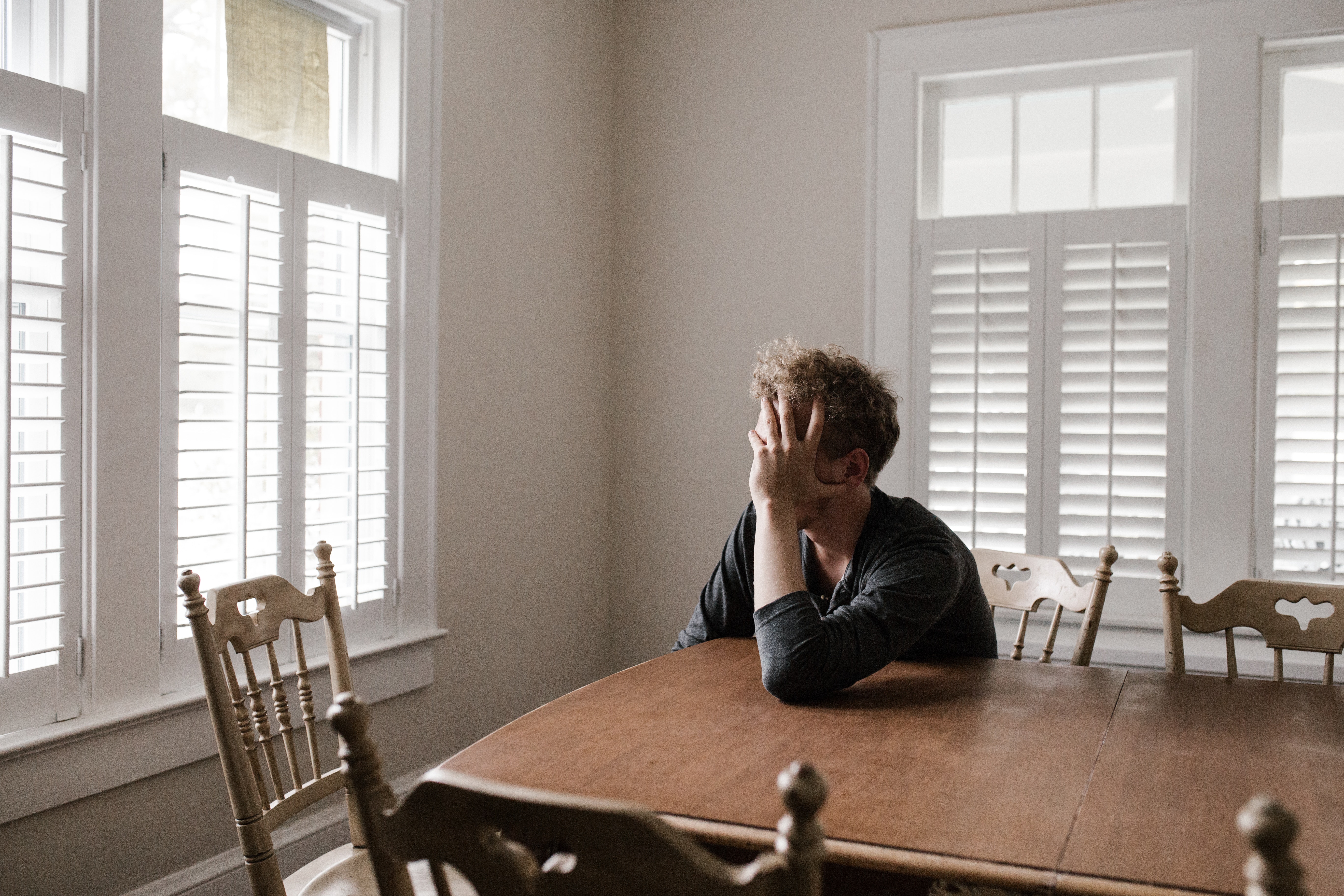After almost 3 months of lockdown, restrictions are being eased.
This poses a brand new challenge, while we adapt, once again, to a reality which is still to be shaped and understood.
Here some suggestions about how to support your emotional wellbeing during this transition.
FORGET ALL THE “SHOULDS”
Be kind and forgiving, towards yourself and others. We have never been in a similar situation before, nobody has ever experiences a pandemic with an almost worldwide lockdown affecting businesses, jobs, health, relationships, movements and freedom. There is no instruction manual for all of this… we are all taking it as it goes. So do not fall into the trap of self-imposing pressure by telling yourself what you should or should not feel. You feel how you feel. Accept it. Embrace it. If that’s how you feel, that’s how you feel, there is no right or wrong and no reason to deny it, ignore it or be ashamed of it. We are all struggling, and that’s not a weakness, it just makes us human. Talking about your feelings with friends and family remains very important, and you’ll find that when you open up about emotions, people tend to do the same with you, which is not only a bonding experience, but also a therapeutic one as it makes us realise we are all in this together.
REMEMBER YOUR STRENGTHS
We have to keep reminding ourselves that human beings are on this planet today because of their amazing survival toolkit. One of the sharpest survival tools we have is adaptability. As Darwin said, it is not the strongest that survives, but the species that survives is the one that is able best to adapt and adjust to the changing environment in which it finds itself. Adaptability is our distinctive feature. Don’t underestimate it! In the same way we learn how to live in a completely new reality at the beginning of the lockdown, and eventually fell into a new routine, we will adapt again to the “new normal” in the transition period.
ONE DAY AT THE TIME
In the same way it took us a while to get used to being in lockdown, it will take a while to get used to get out of it. Do not force yourself to change routine and habits from one day to the other, especially if this thought makes you anxious. Try to implement small changes each day, so that you do not get overwhelmed. Keeping a journal may help you to monitor and reflect on the progresses you make every day, and how you feel about them. Don’t forget to maintain your social connections: relationships are key to human resilience, and your network will also represent a very supportive and valuable resource to go through the post-lockdown transition.
ACCEPTANCE
Each of us is facing unique circumstances. You may have a family and be overwhelmed with taking care of your kids, your home and working at the same time. You may be living alone and be at the peak of feeling lonely because you haven’t seen your family for a very long time, especially if they live far away. Your mental health may be particularly vulnerable and going through lockdown deteriorated your emotional stability. Or you may have been furloughed, even made redundant. In whichever situation you are finding yourself, there is a light at the end of the tunnel. Things will get better. It may not seem so now, but they will. It is in our nature to crave control, but now the best we can do is to accept all the things we cannot control, and focus all our resources and energy on what we can control. We can control how we spend our time, who we talk to, what we eat, how we exercise, our daily routine, what we do to feel better, etc. Finally, do not compare yourself to others. The “it’s not fair” rumination will not bring you any solace.
LIMITED EXPOSURE TO NEWS AND SOCIAL MEDIA
While it’s important to stay informed, expecially about the evolution of Government’s directions, continuous exposure to the news is very likely to cause distress. Choose one time a day to read or listen to the news, and choose reputable official sources. For your mental wellbeing, reading the news should not be the very first, nor the very last thing you do in your day. Try to avoid social media especially if you notice that they make you more upset and anxious.


